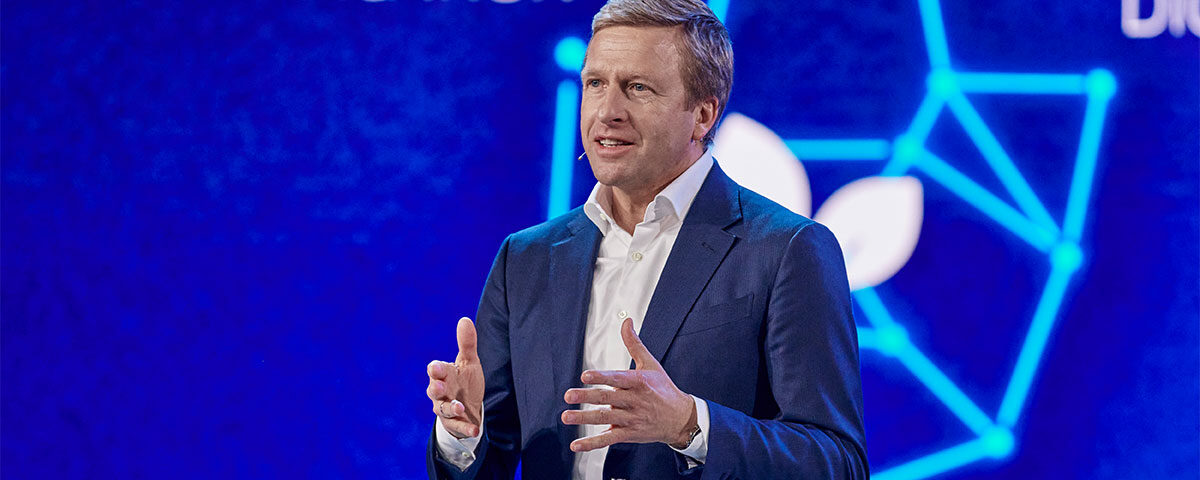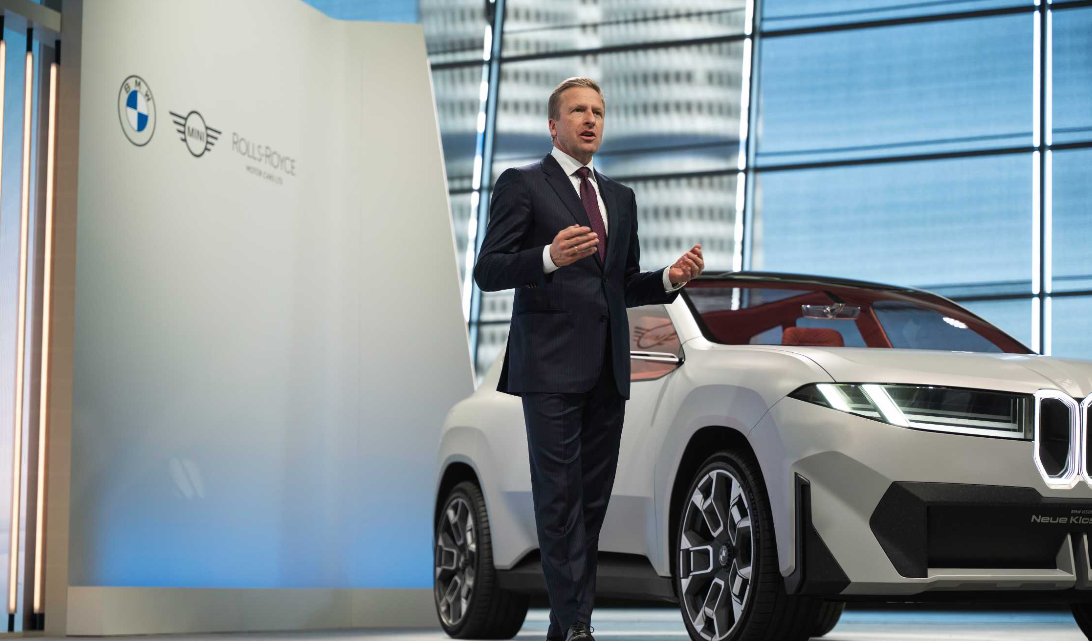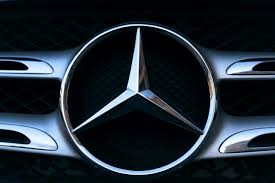
Nigeria to Allocate $2 Billion for Fiber Optic Network Expansion
October 15, 2024
The family of Binance executive Gambaryan expresses concern over bail denial, alleging unlawful detention in Nigeria for over 230 days.
October 15, 2024BMW CEO Advocates for Scrapping EU Fossil Fuel Car Ban to Alleviate Battery Supply Chain Dependency


At the Paris Motor Show, BMW CEO Oliver Zipse called on European leaders to re-evaluate their plan to ban the sale of new fossil fuel-emitting cars by 2035. He expressed concern that the current push towards full electrification of vehicles could lead to an over-reliance on China’s battery supply chain. Zipse emphasized the need for Europe to capitalize on its technological strengths and pursue a more numerous approaches to reducing emissions.
He highlighted that the sentiment in Europe is increasingly pessimistic regarding the future of the automotive industry under these regulations. According to Zipse, the industry’s transition to electric vehicles (EVs) should be part of a broader regulatory framework that embraces a wider range of technological solutions. He advocated for the inclusion of alternative fuels such as e-fuels, biofuels, and hydrogen-powered vehicles alongside battery-electric vehicles (BEVs). This diversity of technologies, he argued, would allow European car manufacturers to remain competitive without becoming too dependent on foreign battery suppliers, particularly from China.
“A correction of the 100% BEV target for 2035 as part of a comprehensive CO2-reduction package would also afford European OEMs less reliance on China for batteries,” Zipse remarked. He suggested that European automakers need flexibility to adapt and innovate, especially when considering the significant challenges posed by the global supply chain.
The European Union’s current policy mandates that all new cars sold after 2035 must produce zero CO2 emissions, effectively phasing out internal combustion engine (ICE) vehicles powered by petrol and diesel. This regulation, passed in March 2023, is part of the EU’s broader climate agenda, which also includes a 55% reduction in CO2 emissions by 2030 compared to 2021 levels.
While the EU’s zero-emission target is a key measure in the fight against climate change, many in the automotive industry have expressed concerns about its feasibility. Some automakers, including BMW, Volkswagen, and Renault, along with the Italian government, have called for a more flexible approach or a postponement of these ambitious targets. Their concerns stem largely from the fear that the market may not be ready to meet the required volume of EV sales, which could result in significant fines for non-compliance.
Despite these reservations, the German government has thus far resisted calls for an early review of the 2035 targets. Berlin has highlighted the importance of regulatory clarity to provide stability for automakers as they invest in new technologies and transition to greener options. German officials have also emphasized that addressing climate change is an urgent matter that requires decisive action.
Nevertheless, Zipse maintains that technological neutrality in policy is essential to ensure that the automotive industry can continue to innovate and remain competitive on a global scale. By allowing for a range of emissions-reducing technologies, Europe could better balance its environmental goals with the economic realities of transitioning away from fossil fuels.
At the same Paris event, the head of France’s automobile association, Plateforme de la Filière Automobile (PFA), echoed similar concerns about the current trajectory of the industry. While the PFA did not explicitly call for the abandonment of the 2035 ban, they underscored the need for a revaluation of the policy in the near future. The association’s leadership advocated for ongoing discussions among policymakers to reassess whether the targets remain realistic and achievable. “It is necessary to quickly come back around the table to discuss the review of the targets,” the PFA representative said, referring to the next scheduled review in 2026.
As European leaders continue to navigate the complexities of transitioning to a zero-emission future, the push for a more flexible, technology-neutral approach is likely to remain a point of contention. Automakers like BMW believe that a broader set of solutions is essential to achieving long-term sustainability and economic resilience while meeting Europe’s environmental goals.

